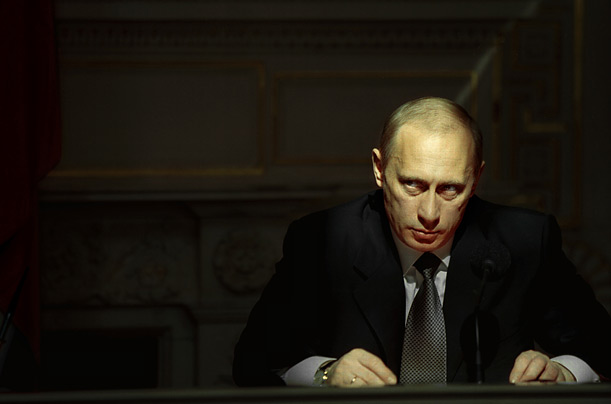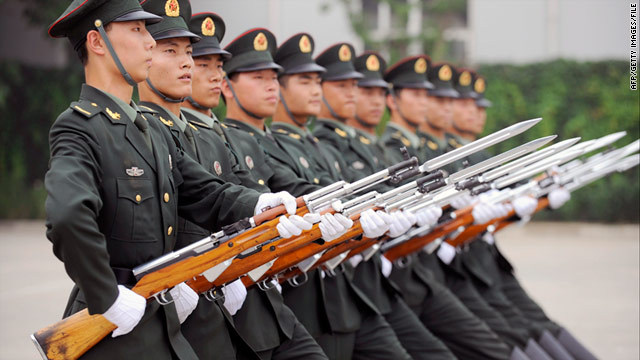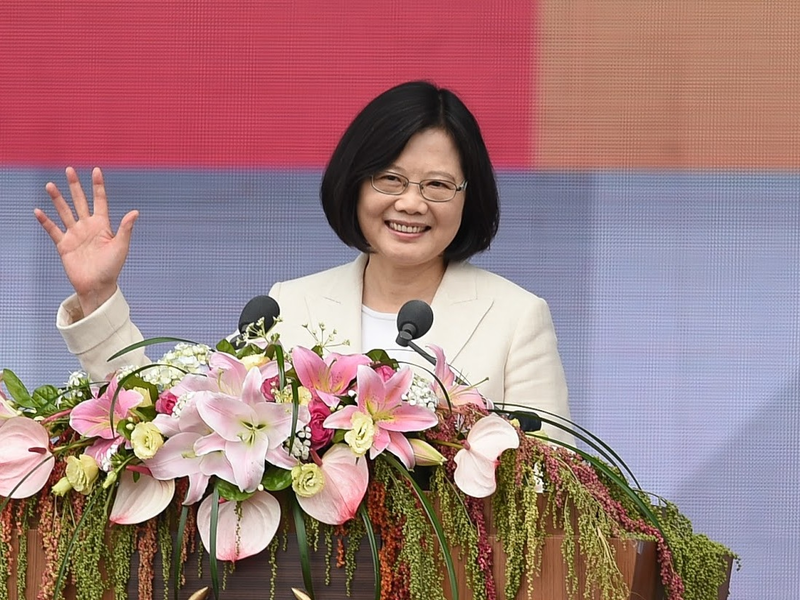The United Nations General Assembly rarely lacks theatre, and last Monday was no exception. As expected, the presidential addresses were largely dominated by the conflict in Syria, with Russian President Vladimir Putin and American President Barack Obama sparring over the issue of Assad. The central question of whether to remove or support Syrian President Bashar al-Assad, who has been accused of war crimes and severe human rights abuses, has plagued international cooperation in the region since the civil war began in 2011, and continues to paralyze the peace process.
In early September, Russia significantly increased its military presence in Western Syria. Moscow deployed military forces to Bassel al-Assad International Airport near Latakia on the Syrian coast, sending approximately fifteen helicopters, nine tanks, three missile batteries, cargo planes, refueling aircraft, and nearly five hundred Russian soldiers to the air base. In doing so, Russia stoked a flurry of speculation over its motives in the region and reasserted its longtime relationship with the Assad regime.
Defending his military’s presence in Syria at the UN General Assembly, Putin emphasized Assad’s crucial role in maintaining stability in the region and criticized the power vacuum left after the US engineered Gaddafi’s fall in Libya. Assad, he argues, was elected legitimately and so the US risks violating international law by supporting the Syrian rebels. Most importantly, Putin urged the international community to place priority not on Assad but on the threat of ISIS and other radical extremist groups exploiting the Syrian civil war and gaining critical swaths of territory in the Middle East.
While Washington vehemently opposes keeping Assad in power even on an interim basis, key nations have significantly softened towards the Syrian president. Iran has thrown its weight behind Russia, agreeing that Assad’s fall will only lead to more instability in the region and condemning peace negotiations that depend on Assad’s removal. While Tehran may be backing Assad for political and strategic reasons, Putin’s message has also resonated strongly with nations affected by the refugee crisis. Britain, France, and Germany have all begun to consider keeping the Assad regime in power on an interim basis, prioritizing the twin needs of finding a political solution to the civil war and weakening ISIS control in Syria and Iraq.
Russian Interests in Syria
Moscow has several strategic and diplomatic reasons to involve itself in Syria that can only be protected by maintaining a relationship with the Assad regime and ensuring that Damascus falls to neither jihadi nor American control. Russia has very few allies in the Middle East and North Africa (MENA) region, especially after it lost Egypt, a former Soviet client state, in the 1970s. Since then, Syria has been home to its only critical strategic assets in the region: a naval base on the port of Tartus that allows the Russian fleet access to the Mediterranean, and Latakia, Moscow’s main signals intelligence base and a key source of Russian intelligence output for the Middle East. Further, Damascus has allowed Moscow to station nuclear-armed ships and submarines at the naval depot in Tartus. In addition, ISIS and other extremist groups have radicalized thousands of Russians and Chechens, and Putin may feel the need to strengthen domestic security in Russia by supporting Assad’s campaign against them.
Second, the Syrian civil war has presented Moscow with a major diplomatic opportunity. More specifically, Washington’s lack of a coherent policy towards the conflict has given Putin a chance to rebrand Russia in the eyes of the international community. Putin has been consistent towards Syria while Obama has not, and overwhelmed European countries are increasingly desperate for an alternative to an ineffective American policy. Further, as Putin pointedly addressed at the UN, America’s recent interventions in the region have been disastrous, and give Russia leverage in positioning itself as better able to broker a peace plan or ceasefire. By staking a claim in Damascus, Putin has effectively ensured that no international agreement can be reached without Moscow. If Russia is able to successfully negotiate a solution to the Syrian conflict where Washington has failed, it will be a critical diplomatic victory on the international stage, and a handsome bargaining chip for future negotiations.
Most importantly, however, it is what diplomatic goodwill means for the Russian economy. The severe economic sanctions imposed following Russian actions in Ukraine have crippled the Russian economy and led to a recession. By repositioning Russia as a critical ally in the fight against ISIS and a potential solution to the refugee crisis, Putin is angling for enough international favour to get these sanctions eased or lifted. Already, Putin has secured a meeting with the leaders of France, Germany, and Ukraine to discuss this. If his strategy is successful, it will stabilize Russia’s economy and secure his own political future at home.
The Issue of Assad
In 2012, Kofi Annan’s peace plan for Syria fell apart largely due to strategic jockeying over whether Assad should remain in power. All tentative peace plans since have been hijacked by the deeply fragmented views over what role Assad should play in the peace process. The visibility of ISIS’ brutal campaigns across social media certainly makes Assad’s removal seem like less of an immediate priority, and adds credence to Putin’s claim of jihad extremists are a greater threat to international security than Assad. Putin has also demonstrated more flexibility towards the Assad regime than he has in the past, saying he hopes Assad is ready for political reform and compromise. Moreover, there remains no viable, moderate alternative to Assad, and removing him from power completely would leave a gaping power vacuum in an already volatile region. The lack of any cohesive, moderate opposition also eliminates the possibility of mounting a regime-change military operation, as was carried out in Libya.
This time around, the US may be in the minority on the question of Assad. While his crimes against the Syrian people, which include the use of barrel-bombs and chemical weapons on civilians, have been acknowledged and condemned by the international community, many still seem to view the Assad regime as a necessary evil in creating stability and security in Syria. While France has just launched the first criminal inquiry into the crimes against humanity committed by the Assad regime, Italy, Spain, Austria, Iran, and even NATO have urged cooperation between the US and Russia to resolve the crisis without allowing peace negotiations to stall over the issue of Assad. The situation is developing at breakneck speed; in only three days, Russia has launched more than 18 airstrikes in Syria, allegedly targeting US-backed Syrian rebels rather than areas controlled by ISIS. With tension between Washington and Moscow reaching a boiling point and military operations in Syria escalating rapidly, international diplomacy needs to urgently increase its pace.




